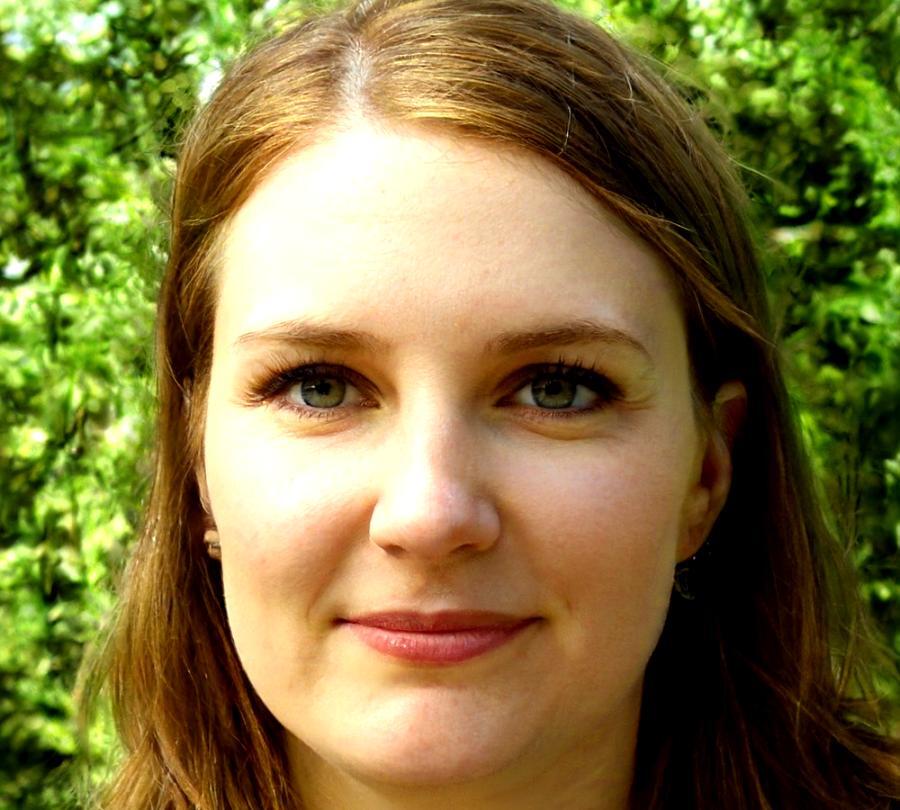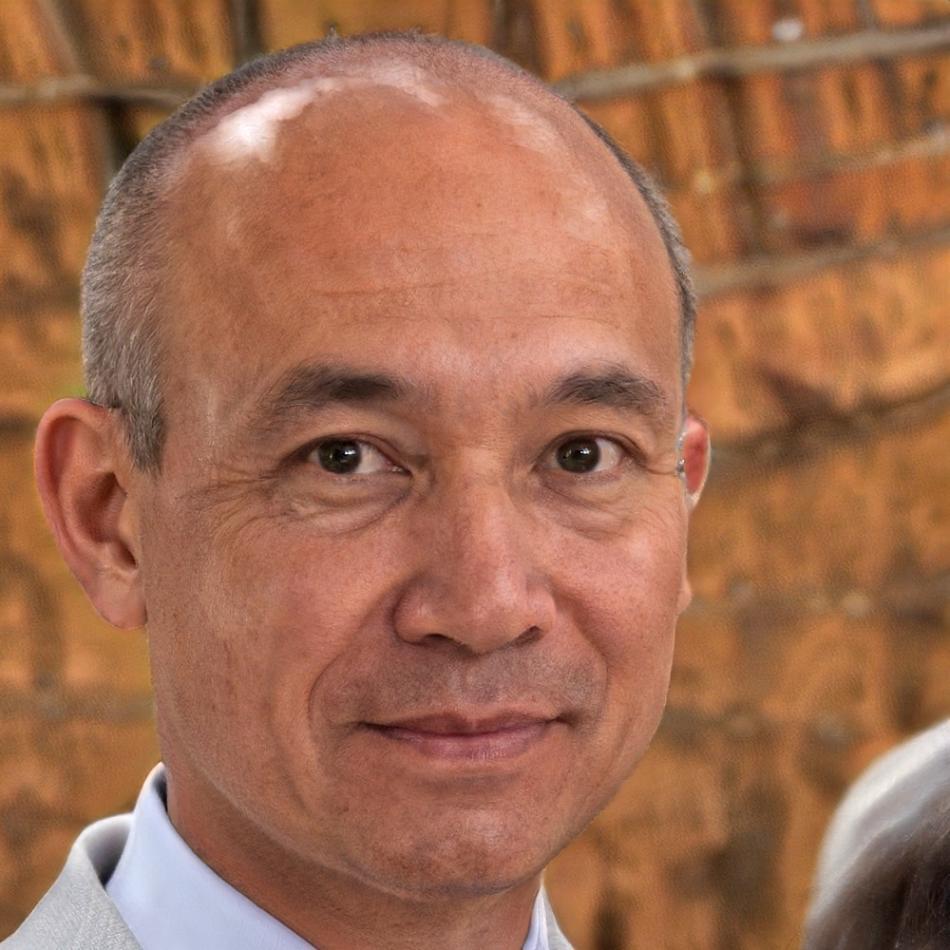Our programs focus on practical experience, not theory alone. You'll work with actual market scenarios and learn from professionals who've navigated complex trading environments in Taiwan and beyond.
Request Program DetailsMost trading courses dump information on you and expect magic to happen. That's not how real skills develop.
We've structured our curriculum around actual trading challenges that professionals face daily. You'll spend time analyzing real liquidity patterns, understanding market depth, and working through scenarios that don't have obvious answers. Because that's what trading actually looks like.
Our mentors have spent years working with institutional flows and retail market dynamics across Asian markets. They know the difference between textbook theory and what actually matters when you're making decisions under pressure.
Programs starting September 2025 will incorporate case studies from Taiwan's evolving market structure and regional liquidity patterns.

Our mentors bring different perspectives from various market environments. They're still active in trading, which means they understand current market conditions.

Market Structure
Spent 12 years analyzing order flow at institutional desks. Now focuses on teaching pattern recognition that actually works.

Risk Management
Former prop trader who learned risk management the hard way. Now helps others avoid expensive mistakes.

Technical Analysis
Specialized in liquidity sweeps and stop hunts. Teaches you to read between the price action.

Market Psychology
Background in behavioral finance. Focuses on decision-making under uncertainty and emotional discipline.
We run cohorts twice a year. Programs typically span 8-10 months because developing genuine trading skills takes time.
Months 1-3
Start with market mechanics and liquidity concepts. Not glamorous, but essential. You'll learn to read order books, understand bid-ask dynamics, and recognize basic liquidity patterns before moving forward.
Months 4-6
Here's where theory meets reality. You'll analyze historical data, identify patterns that actually repeated, and start understanding why most textbook strategies fail. Lots of case studies and group analysis sessions.
Months 7-10
Work on developing your own approach based on what you've learned. Create a trading framework that fits your risk tolerance and schedule. This is the hardest part because there's no single right answer.